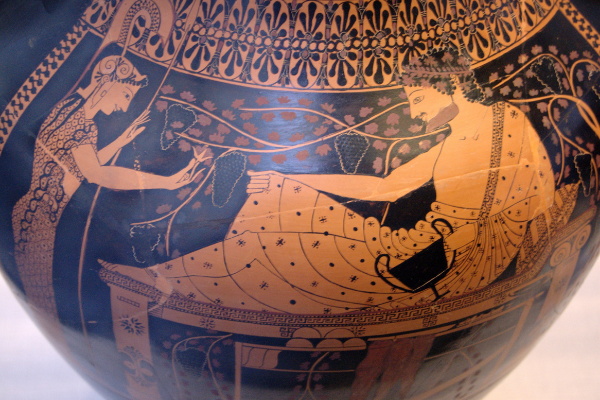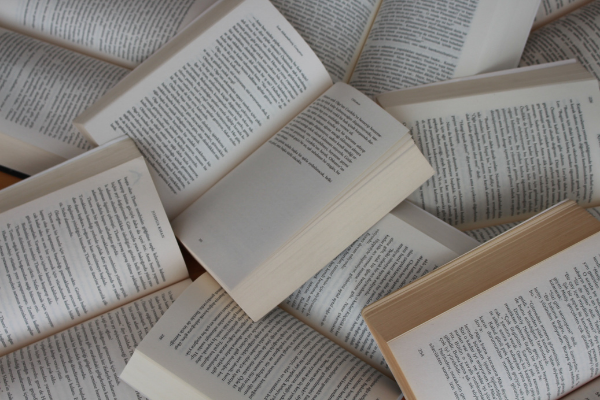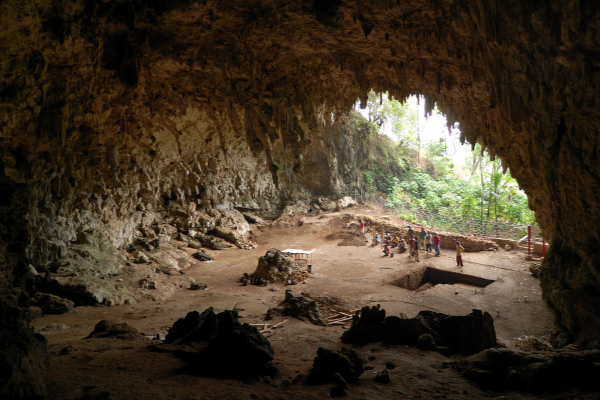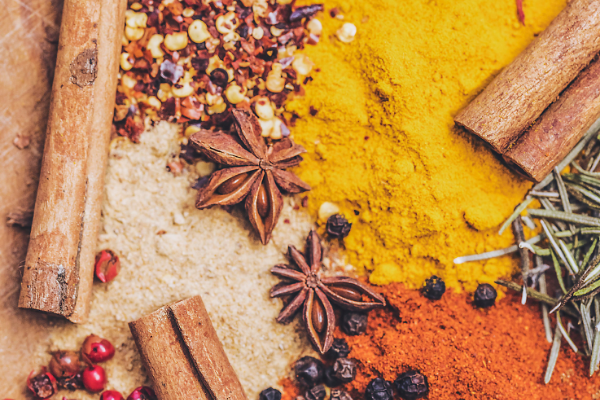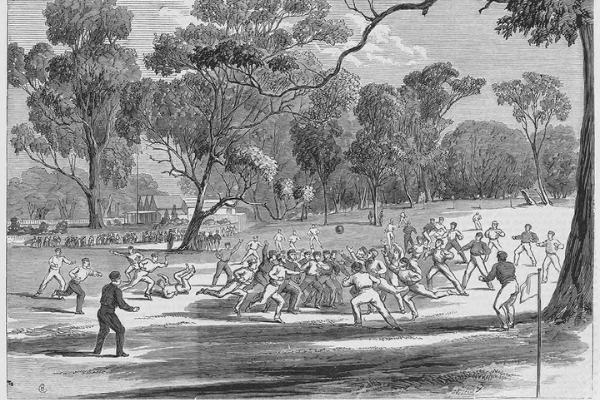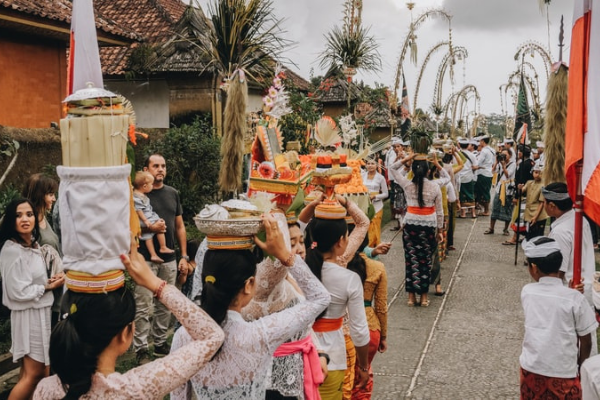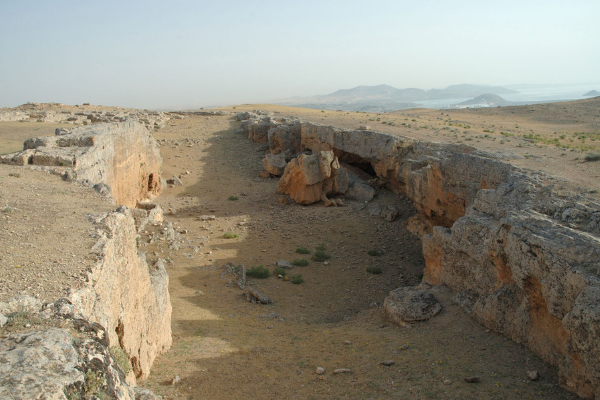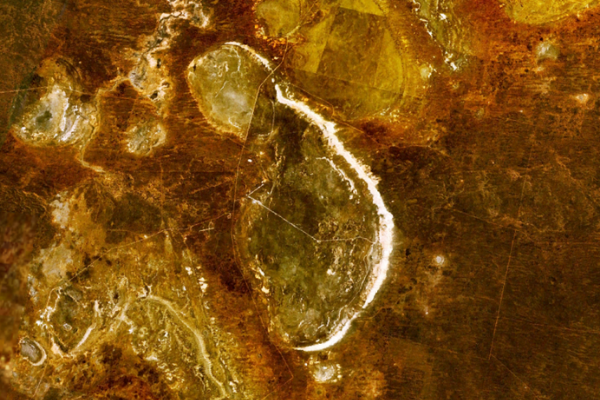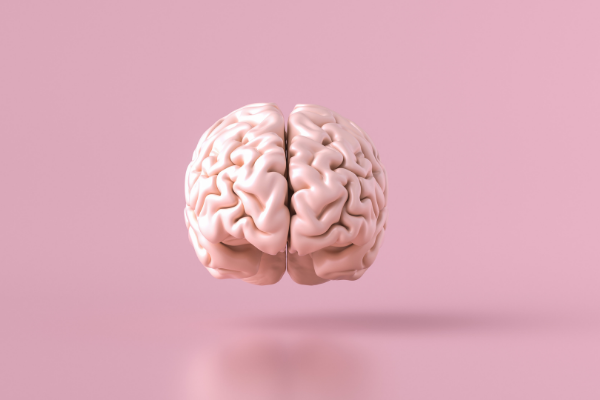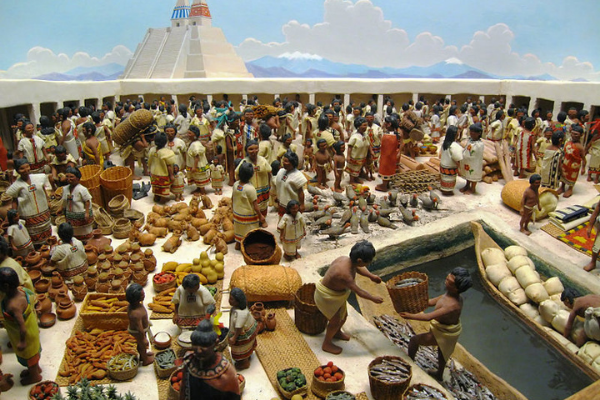Exploring ancient Greek theatre through pots & a port
A life in pots & vases The red figure pottery produced in the Greek settlements of southern Italy and Sicily during the fifth and fourth centuries BCE was far from uniformly exquisite but it provides a wealth of information about life in that period. Though he affectionately called some of the vases “little horrors”, A […]
Exploring ancient Greek theatre through pots & a port Read More »

